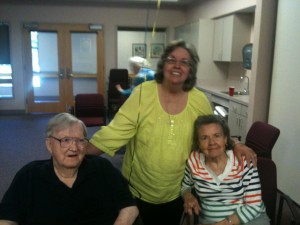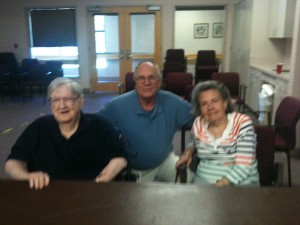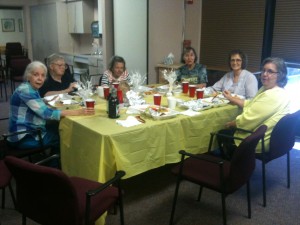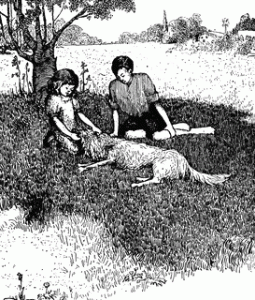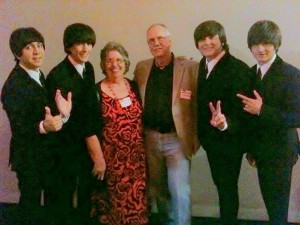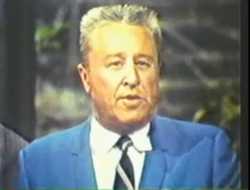The holidays sneaked up on me again this year. When do I have to start getting ready for the holidays to have a handle on things when they arrive? The reality is, I could start putting up decorations in early January and still feel like the holidays were sprung on me the following November.
Christmas is a time of reflection for me. I guess everyone gets nostalgic this time of year, missing times long-passed or even ones that never actually existed. The holidays started for me every fall, when my mother set up a Ping-Pong table in the master bedroom. That table was ground zero for wrapping Christmas presents. It went up before Thanksgiving and was my signal to start getting excited.
In the days before ready-made bows, Mama made them herself, twisting flat ribbon into a figure-eight, notching the middle, and tying it off tightly. Then, one at a time, she pulled a loop out, bringing it down and across, until she had a gorgeous, perfect bow. Mama was wonderfully good at this, but I got the impression she hated doing it. She was extra-edgy and short-tempered from the time that Ping-Pong table came out until it went back in the closet under the stairs.
My father was philosophical about Christmas, usually just waiting for it to be over. He enjoyed the once-a-year foods–Mama’s fruit cake, boiled custard, and angel food cake. But no matter how hard we tried, he never seemed to get a gift he really wanted.
“Socks with feet in them,” or “Drawers with seats in them,” followed by, “Just what I wanted,” were his standard comments. Admittedly, buying a gift for him was a nightmare. The man had two of everything he’d ever wanted. Plus, he had an annoying habit of going shopping for himself just before Christmas. It was the only time of the year he did this, and it drove my mother nuts.
Only a couple of times did I please him with my gift. When I was in high school, I managed to find a blacksmith in North San Antonio, no mean feat in the late 1960s, and had him make a wrought-iron sign, “T. W. Wheeler.” Daddy didn’t say much on Christmas morning, but he did hang it on the ranch gate, an indication of approval. Years later, when he had to sell the ranch, he retrieved the sign and kept it in his home office. Later, as an adult, I gave him a Care Package one Christmas. It contained all his favorites: Marshmallow Circus Peanuts, Saltines to crumble into a glass of cold milk and eat with a spoon, Penguins–chocolate-covered marshmallow cookies– rat cheese (Longhorn style), and chocolate-covered cherries. That gift actually made him grin as he unpacked it.
At least shopping has gotten a lot easier over the years. Bryan is easy to buy for. He likes just about anything I get him. My grown kids want money or gift cards, and my grandchildren cheerfully provide me with detailed lists of EXACTLY what they want and where to get it. And the Internet, bless its little silicon heart, brings everything to my door. No more fighting crowds or doing psycho checks in dark parking lots before getting into my car.
Doing some heavy remembering, letting myself float back through the years, is my way of honoring the season. Instead of turning up at church on the high holy days because I feel I ought to, I use the time to reflect on my behavior on the other 364 days a year. Have I done enough for others? Did I manage to curb my wicked tongue at all this year? Did I hurt someone intentionally or un-? Do I deserve another year of walking this earth? We all have demons to wrestle; mine come decked out in jingle bells and mistletoe.
I hope your holidays are everything you want them to be; I wish for you the ability to determine what that is.
Merry Christmas, Happy Chanukah, and Happy Holidays, y’all!
